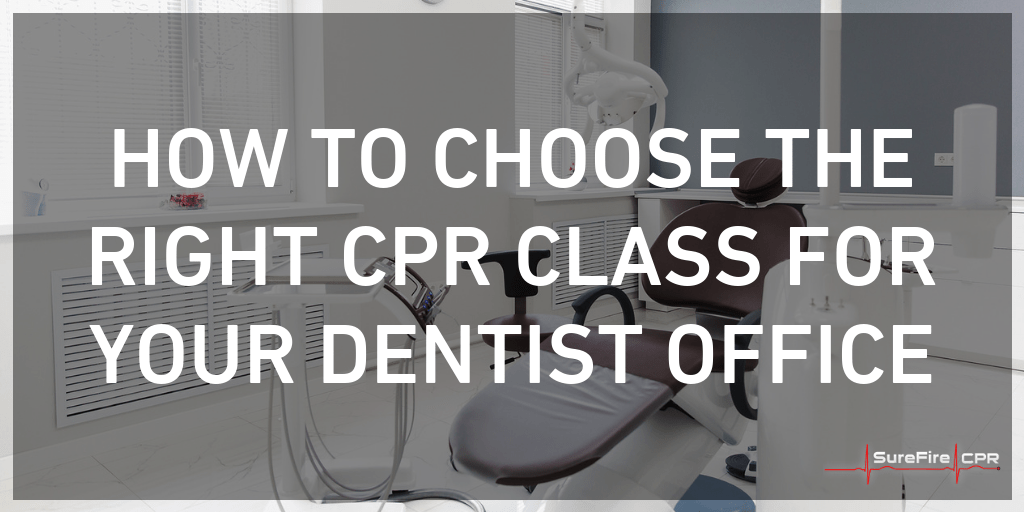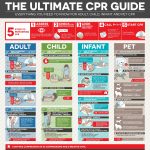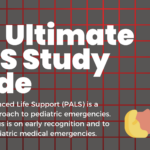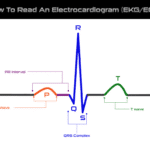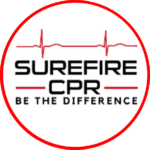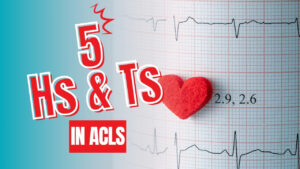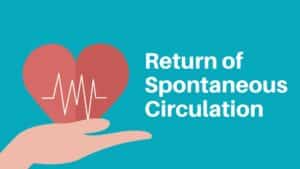So it’s that time again. The dentist has just told you that it’s time to renew your CPR certification and that the entire office is way overdue. You need to take a CPR class yesterday.
“Handle it,” he tells you.
“Oh great,” you think to yourself. “That’s just what I wanted to do.”
So you do the first thing that comes to mind – hop on the computer and go to Google. You type in “dental office CPR,” and a huge list of results appears. A list of dentists that are CPR-certified comes up, with some companies that train dentists as well. You see some online CPR training and think, “That might be a good idea…” There are so many options and different classes to take; you just want to get it over with. Frustrated, you get up from your desk and walk away. You will take care of it after lunch.
Sound familiar? Maybe I can help…
What to Consider When You Choose a CPR Training Center
CPR training centers are available in cities and towns across the United States. Yet not all of these training centers are created equal. If you make the wrong choice, you risk missing out on key insights that will help you become a valuable contributor at your dentist office. You also might sign up for a class that fails to provide you with the certification you need as part of your job.
There is a lot to consider as you search for a dental CPR certification training center. Fortunately, I’m here to help you quickly identify the right CPR training center.
Now, let’s take a look at seven questions to consider as you evaluate CPR training centers.
1. What type of training do I need?
The last thing you want to do is put your office through a CPR class and realize that you wasted four hours of your time in the wrong class! The CPR certification that all dentists need is BLS for the healthcare provider. BLS stands for basic life support, and the class should be taught by an American Heart Association (AHA) instructor.
2. Does a CPR training center hire expert instructors?
Top-rated CPR training centers generally employ emergency medical technicians (EMTs), registered nurses (RNs), firefighters and other first responders as instructors. In doing so, these CPR training centers ensure that students can receive real-world insights from expert instructors.
3. Can I access a wide range of training tools and resources?
A best-in-class CPR training center usually provides manikins, automated external defibrillators (AEDs) and other state-of-the-art training tools and resources to students. As a result, the center enables students to complete hands-on and classroom lessons so they can develop the skills and confidence they need to deliver critical aid in emergencies.
4. What are past students saying about their CPR training center experiences?
Ask a CPR training center for student referrals – you will be glad you did. Past students can help you understand what it is like to participate in a dental CPR certification class. As such, if you reach out to past students, you can gain comprehensive CPR training center insights to help you make an informed selection.
5. Is a class available to accommodate my schedule?
Why not take a class in the comfort of your own office? Find a company that can bring its supplies to you and train you on your time, in-between appointments. Since you are going to sit through the class anyway, it might as well be informative. The best companies will put you through scenarios utilizing all of your office personnel and will remind you how to use all of the supplies available at your office (oxygen, CPR barriers, etc.).
6. Can I obtain dental CEUs?
Dental continuing education units (CEUs) are typically required to work in dental offices nationwide. Thus, you’ll want to make sure you get your share of dental CEUs. Make sure that the company you hire is certified through the dental board of your state so that it can issue you your dental CEUs. You should be able to receive four hours of CEUs for your dental CPR class.
7. Upon successful completion of a course, will I receive a certification card?
Before you sign up for a course, verify that successful completion of the class will provide you with certification. In many instances, you will receive a certification card immediately following your completion of a BLS for the healthcare provider course.
Sign Up for Dental CPR Certification Training Today
Don’t wait to sign up for a dental CPR certification course. Instead, if your boss asks you to book a class, remember these three things: Take the BLS for the healthcare provider class, get certified in your own office and make sure you get those dental CEUs!
Zack Zarrilli is a firefighter and the owner of SureFire CPR. His company is comprised of firefighters, paramedics, lifeguards and EMTs who teach hundreds of CPR, BLS, AED and first aid classes every year. SureFire CPR’s instructors teach from their own real-world experience and specialize in on-site CPR and first aid training in all of Southern California.
Did you find the above article useful? If so, for more information or to take a class, please visit us at SureFireCPR.com or call us at 888-277-3143. SureFire CPR currently offers CPR classes in Orange County, Los Angeles County, San Diego County, San Francisco, Riverside County, and the Inland Empire.

